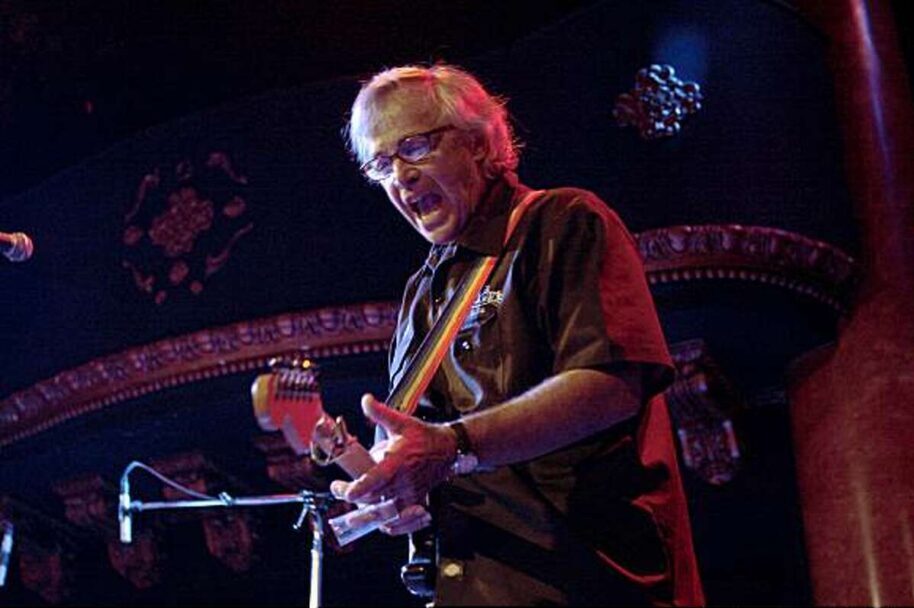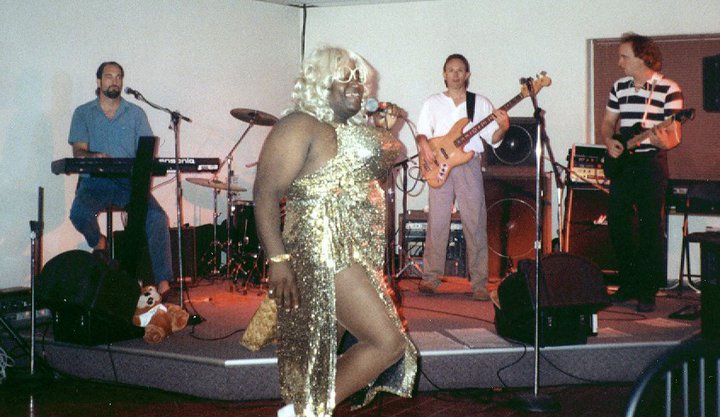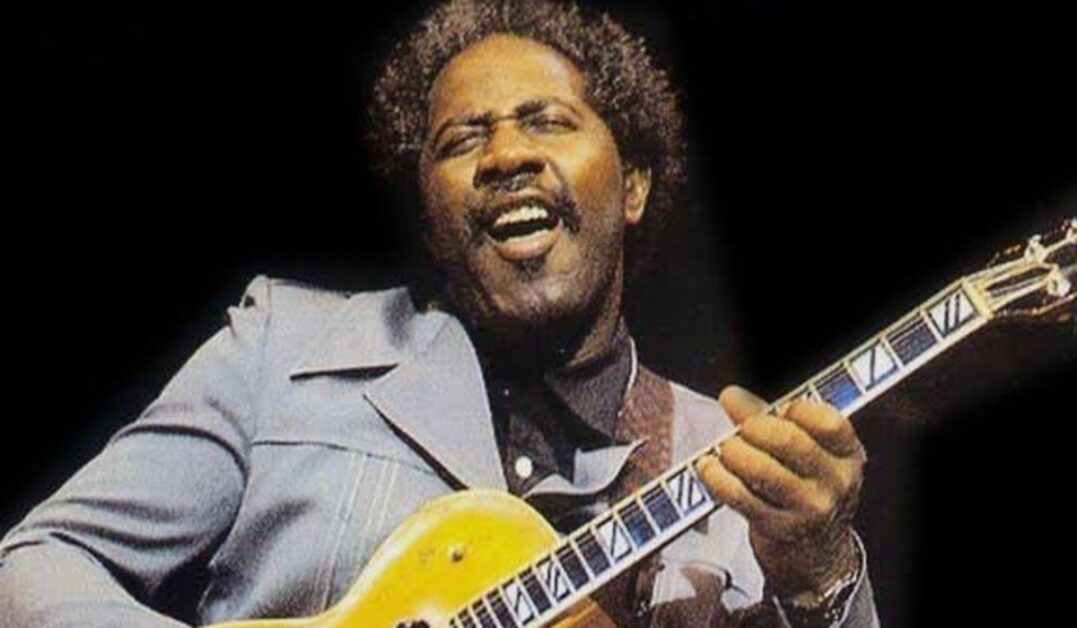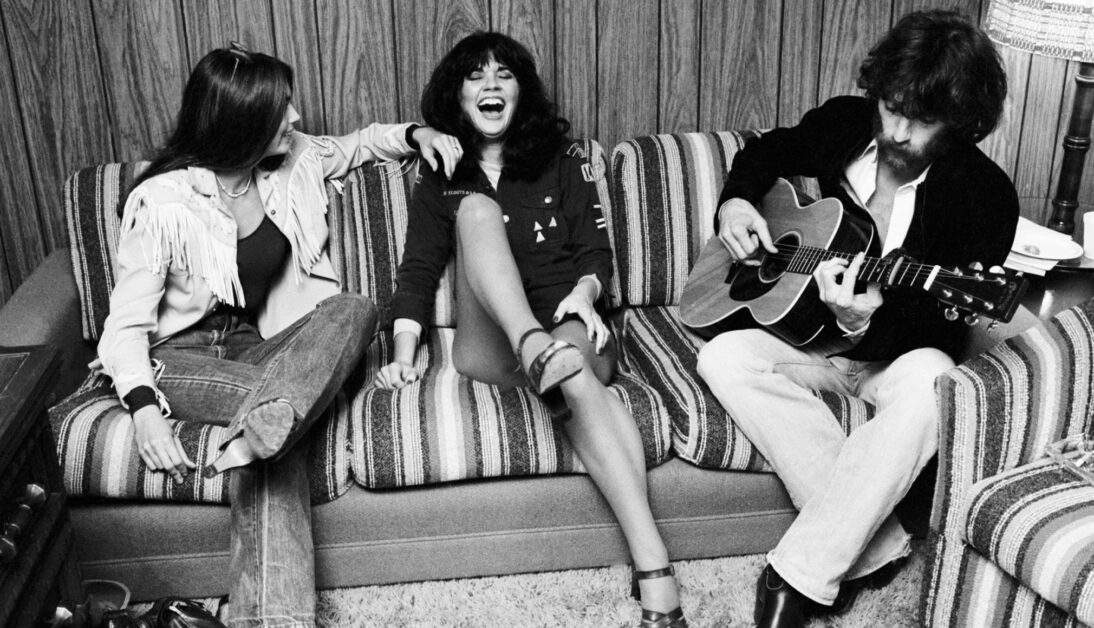Frankie Miller – That’s Who!
Originally Posted on – Blues For A Big Town blog
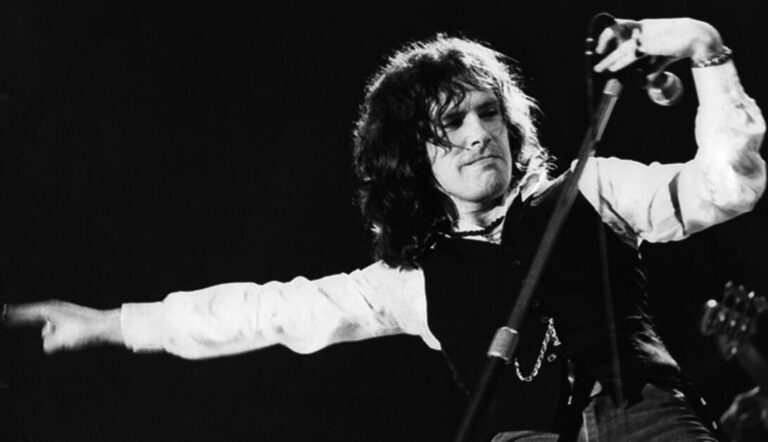
Elton John on Frankie Miller:
“His music should be heard. His music should be remembered. His music should be revered”
Rod Stewart has described Frankie Miller as:
“The best white Soul singer in the world”
Joe Walsh on hearing Frankie Miller, (on tape), for the first time:
“This is the most amazing singer that I ever heard”
The above statements are a sampling of the peer accolades heaped on Frankie Miller.
And similar praises continue long after Miller’s 14 year, 10 album** recording career that was, for all intents and purposes, over in 1994 at the age of 45.
** The total doesn’t include the 2006 tribute / duet album “Double Take”. DT is comprised of unreleased songs altered with additional instrumentation while adding vocals to Miller’s existing ones by the likes of Rod Stewart, Elton John, and Paul Carrack among others. As such, it doesn’t qualify as a true Frankie Miller album; and pales artistically alongside virtually anything else that Miller released.

It was in August 1994 in New York City that Frankie Miller suffered a brain hemorrhage while woodshedding with Joe Walsh and Nicky Hopkins.
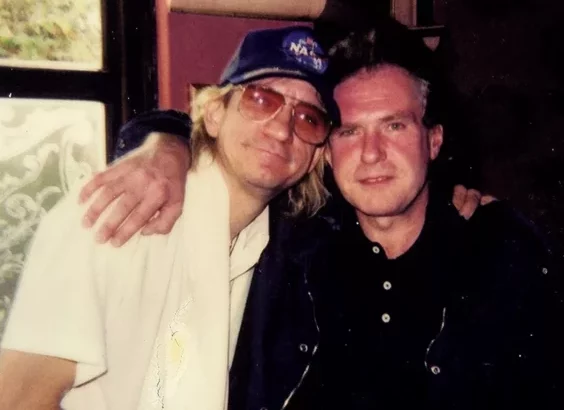
In a coma for 5 months; when he woke up, he was unable to walk, talk, or sing. Miller had continued to write songs, but, for the most part, had spent the subsequent years in physical rehabilitation.
Although, his outstanding live appearances and recorded work – without U.S. recognition – didn’t generate the commensurate commercial success that Frankie Miller so rightfully deserved, his UK career was more than respectable. One of the legends of the British music scene – and the legend continues to grow – that career was sustained by not only his vocal prowess but also his insightful, affecting songwriting, and general out and out soulfulness.
Commonly classified as a Blue-eyed Soul singer; Miller wasn’t restricted solely to Soul and R&B.
He was equally adept at writing and performing convincing Country material, and he proved to be able to rock out with the best of them. Any of his recordings remain as evidence of these facts.
Miller’s omnipresent vocals have sparked numerous comparisons. I’ll weigh in. Rather than draw comparisons, I would choose to say that his voice is distinctive. It reveals shades of Eddie Hinton and Ray Charles against the backdrop of his idol – The King of Soul, Otis Redding.
In addition to the very sound of his delivery, what makes it all the more remarkable is that in his recorded work Frankie Miller was a rare “first take” singer.
That is, in contrast to the common practice of laying down repeated “scratch” vocals until the singer captures the desired phrasing, timing, and shaping of the song at hand, Miller’s vocals were one and done. What’s heard on record is a first take only. While this method offers the benefit of keeping the performance fresh, the “first take” practice is taxing in that it demands that the singer have immediate command of the song’s nuances.
Francis John Miller grew up in a tough neighbourhood in the Bridgeton section Glasgow, and adopted the rough and tumble lifestyle of his home.
(Check out the autobiographical “Bridgeton” and “Drunken Nights In The Heart Of The City”). Artistically speaking, he can thank members of his immediate family for initially introducing young Frankie to the music that he would grow to love.
Through his mother’s record collection, he first became aware of R&B and Rock & Roll. (His mother especially liked Ray Charles). And, later on, his older sisters introduced him to Little Richard and Elvis Presley.
Miller recalled the experience: “The music was alive, exciting; I loved it. I realized later that I could get my own aggression out through music. R&B and Soul music I just knew, was what I really loved.”
Miller’s parents also played a role in his early start in songwriting.
He began writing songs at 9 years of age after his parents bought him a guitar. Miller’s affecting songwriting manifests itself as a major calling card that has touched a lot of hearts. In a demonstration of peer love, respect and admiration, an impressive list of artists that have recorded Frankie Miller songs includes among others: Ray Charles, Johnny Cash, Rod Stewart, Kim Carnes, Bonnie Tyler, Roy Orbison, Waylon Jennings, Bob Seger, Etta James, Joe Cocker, Delbert McClinton, Lou Ann Barton, and Coco Montoya.
On the performance and recording side of the coin, Frankie, the product of the UK Pub Rock scene, began in 1967 with a succession of local bands.
Prospects started to look somewhat hopeful in the early 70’s when he first teamed up with ex Procol Harem guitarist Robin Trower, followed by a stint singing lead for guitarist Brinsley Schwarz’s band.
Miller’s obvious skill set led to a recording contract with Chrysalis in 1972. Frankie would record 7 albums over the course of his Chrysalis alliance. Frankie used an assortment of producers and recording locales in search of a hit formula while staying true to his musical instincts. Miller did so with mixed commercial results and artistic merits.
Frankie’s first out of the chute for the label, Once In A Blue Moon, showed a lot of promise.
The set was produced by music business veteran Dave Robinson and cut in Rockfield Wales. Backed by Brinsley Schwarz, the release is a high point of Miller’s career. “Blue Moon” features 8 originals plus covers of Bob Dylan’s “Just Like Tom Thumb’s Blues” and Muddy Waters’ “I’m Ready”. While selling moderately, it managed to catch the imagination of critics who viewed the record as an auspicious debut.
The positive response gave Miller the confidence to pass a copy of “Blue Moon” to celebrated New Orleans musician and impresario Allen Toussaint, in the hopes of enticing Toussaint to work with him. At the same time, Miller saw the move as a natural progression; putting forth his R&B chops while guided by an R&B and Funk master.
Toussaint agreed to the idea and decided to make the recording in Atlanta.
It’s surprising that Toussaint chose to record in Atlanta, using Atlanta based musicians, as opposed to his home turf of New Orleans and easily attainable Big Easy musicians. No matter, the resultant album, 1974’s Frankie Miller’s High Life, proved to be the most acclaimed and artistically satisfying album of Miller’s career.
There was one downside as Miller and Toussaint saw it. Unbeknownst to the public, and surprising both Toussaint and Miller, the version of “High Life” as released was not the same as initially recorded. To the dismay of both Miller and Toussaint, after the fact, Chrysalis brought in Detroit R&B producer Don Davis to remix the album. Miller commented: ”Allen Toussaint did a great job. Then Johnny Taylor’s producer remixed it and put a lot of echo on it; and I hate echo. But Toussaint was great”.
The remix didn’t diminish the fine collection of songs that would comprise Frankie Miller’s highwater mark.
The cohesive set contains a number of outstanding, memorable songs like: “Play Something Sweet (Brickyard Blues)”, “Trouble”, “A Fool”, “Little Angel”, and “Shoo-Rah”. My suggestion is that if one were to choose to only buy or download one Frankie Miller album, make it Frankie Miller’s High Life.
Despite the superlatives, like all of Frankie Miller’s albums, “High Life” only sold modestly thereby precluding the likelihood of future Miller / Toussaint recordings.
Frankie Miller would go on to release 8 more albums and although none hit the heights of “High Life”, all have something to recommend them. The closest that Miller came to the critical acceptance of “High Life” was The Rock, recorded in San Francisco and released a year later.
Produced by Elliot Mazer, (Neil Young, The Band, Linda Ronstadt et al), Miller effectively captured an American R&B vibe with the backing of The Memphis Horns throughout and The Edwin Hawkins Singers on standout cut “A Fool In Love”. In addition to “A Fool In Love” and the title track The Rock boasted more excellent songs: “Hard On The Levee”, “The Heartbreak”, “I Know Why The Sun Don’t Shine”, “All My Love To You”, and what would become a signature song, “Ain’t Got No Money”.
A good summation of the album and Miller himself, was made by sometime Rolling Stone critic Bud Scoppa anticipating The Rock to be a major breakthrough.
Scoppa wrote: “Miller’s got better equipment and better moves than any Rock vocalist to emerge in the past year- all this forceful, intelligent young singer / songwriter lacks is an audience. The Rock is about to take care of that”.
It never came to be for Frankie Miller. (He had only one UK hit, “Darlin’”; that he discarded as a commercial throwaway and not representative of his body of work). But for those who were really listening, Frankie Miller left a treasure trove of great songs and that voice that will forever live on in the hearts and minds of fans and peers.
Not a household name? Listen to the various songs on the playlist. After doing so you might just be moved to say:
Frankie who? Frankie Fucking Miller, That’s Who!*
*(in the spirit of rabble rouser Frankie Miller)
Rico Ferrara – June 2024



